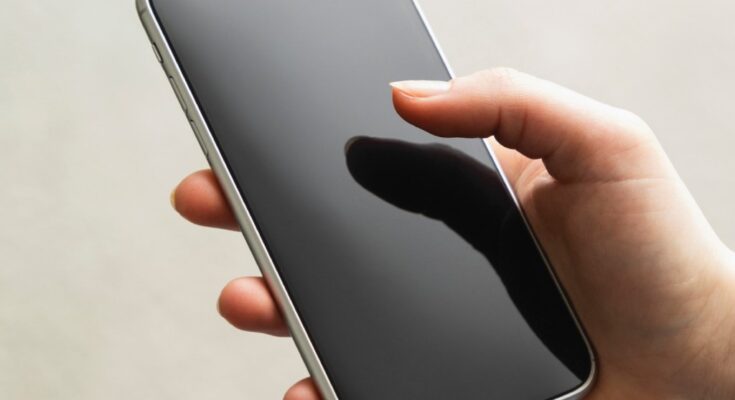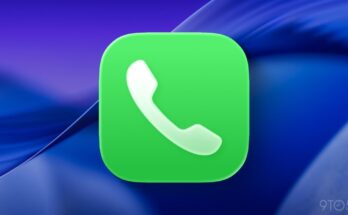In today’s hyper-connected world, it’s hard to imagine a regulation designed to protect consumers that instead fuels billions of dollars in international crime. Yet, that’s the reality of the Federal Communications Commission’s nearly 2-decade-old phone unlocking rule imposed on Verizon as part of its C-Block spectrum license.
This rule, adopted in 2007, requires Verizon to automatically unlock customers’ phones after 60 days for use on other networks. While it may seem benign on paper, this regulation has become a tool exploited by sophisticated criminal enterprises globally.
Organized crime rings exploit the unlocking mandate to traffic stolen or fraudulently obtained subsidized phones internationally. These criminals acquire heavily discounted U.S. phones illicitly and resell them abroad for huge profits. This illicit trade costs Verizon and its customers hundreds of millions of dollars yearly and drains law enforcement resources that could be better spent tackling more pressing crimes.
Meanwhile, consumers — especially seniors, lower-income families and typical workers — are caught in the crossfire. They face fewer options, more limited access to subsidized devices and higher costs as carriers try to mitigate the damage wrought by phone trafficking.
The origins and continued existence of the unlocking rule illustrate a classic case of regulatory overreach gone wrong. The FCC acknowledged even then that this rule was a regulatory experiment that could harm consumers and should be revisited.
Today, nearly 20 years later, the harm caused by these outdated regulations is clear. Verizon bears the unique burden of this unlocking rule, limiting its ability to compete fairly in a vibrant wireless marketplace. The unlocking mandate no longer fits today’s realities; it hampers innovation, reduces consumer choice, and, most troublingly, enables a massive criminal enterprise. Clearing these outdated regulations will allow carriers to offer better subsidies and deals, increasing consumer access to affordable devices without fear of theft and fraud inflating prices.
Thankfully, the FCC is starting to push back. The FCC commissioners deserve credit for recognizing this regulatory error and taking steps to correct it. Verizon has petitioned the FCC to waive the unlocking rule. This is a critical first step to scrapping burdensome, anti-consumer regulations. Law enforcement supports the action; advocates for consumers and markets do, too.
Moreover, removing this rule will empower law enforcement to crack down on international trafficking rings more effectively, protecting consumers and honest businesses alike.
It’s time for the FCC to clear the regulatory underbrush, adopt policies grounded in today’s technology and market realities, and finally rectify a mistake born from a questionable regulatory experiment.
Steve Pociask is president and CEO of the American Consumer Institute. Roslyn Layton is executive vice president of Strand Consult, an independent consultancy.


